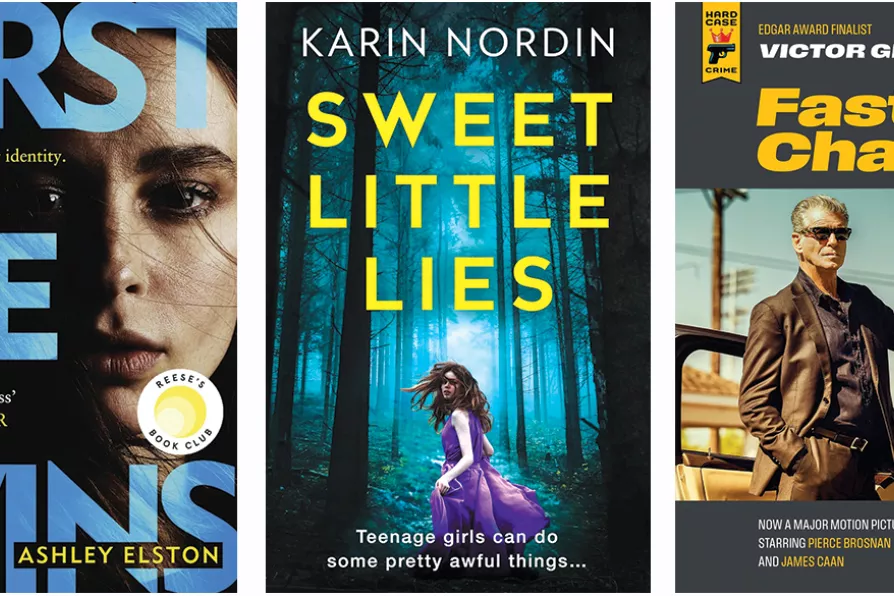TONY BURKE speaks to Gambian kora player SUNTOU SUSSO


FIRST LIE WINS by Ashley Elston (Headline, £14.99) is set in small-town Louisiana, where among the local elite every tiny indicator of social class is picked over as studiously as the results of a CAT scan.
Evie Porter is struggling to fit in. She’s moved in with Ryan, who is as handsome as he is rich, well respected and well connected. She can’t pretend that she’s from the same moneyed background as he and his friends are, but she does have to find some way of making them all like her. It’s a matter of life or death. And the fact that there’s no such person as Evie Porter is just another complication.
This is a churningly exciting scam thriller, a great heart-starter for the dark new year.

Timeloop murder, trad family MomBomb, Sicilian crime pages and Craven praise

Reasonable radicalism, death in Abu Dhabi, locked-room romance, and sleuthing in the Blitz












